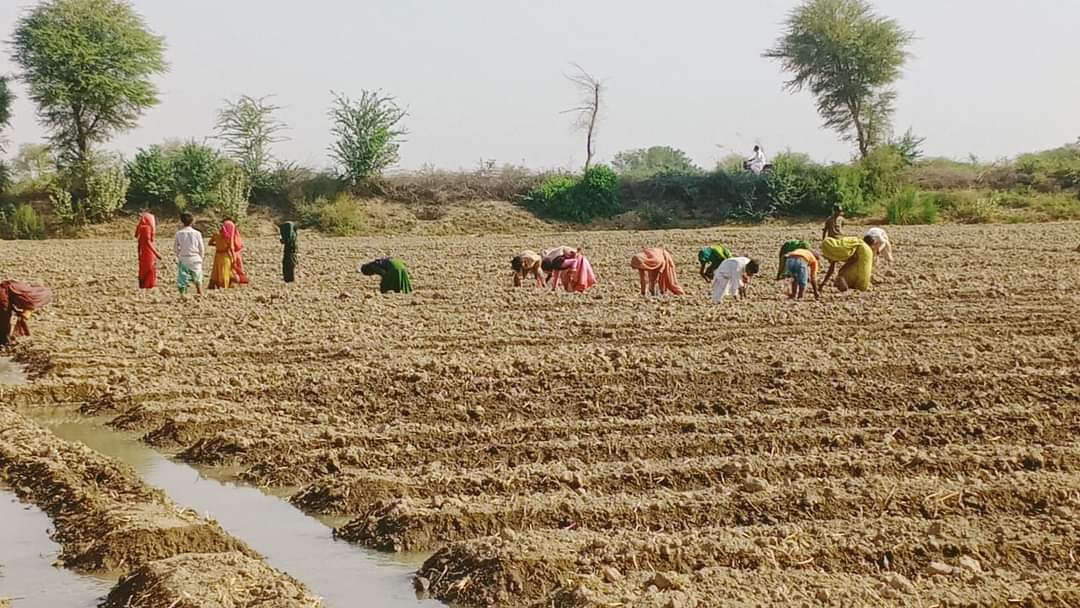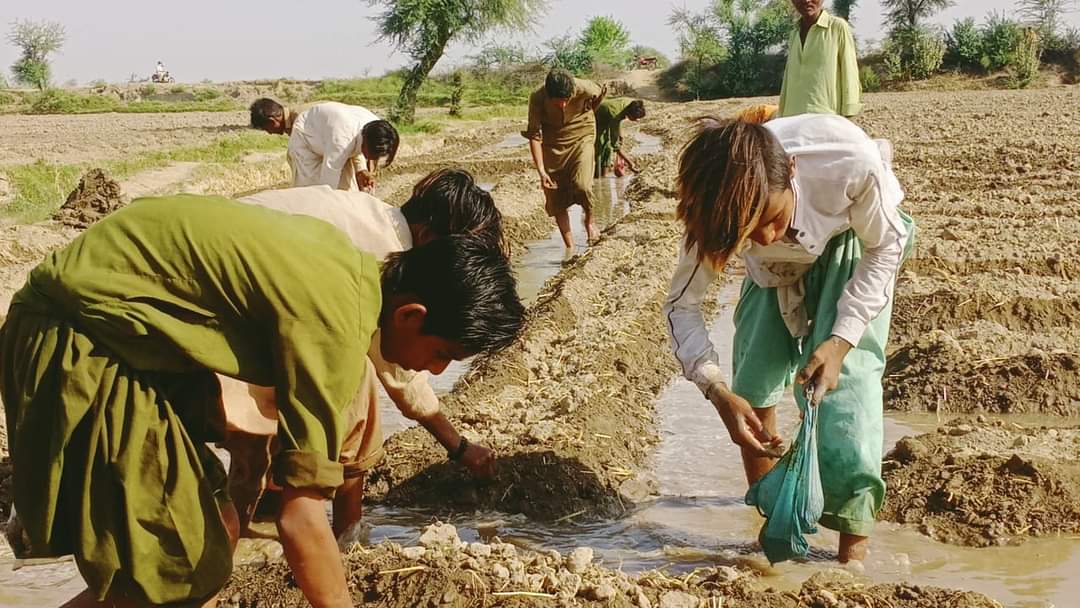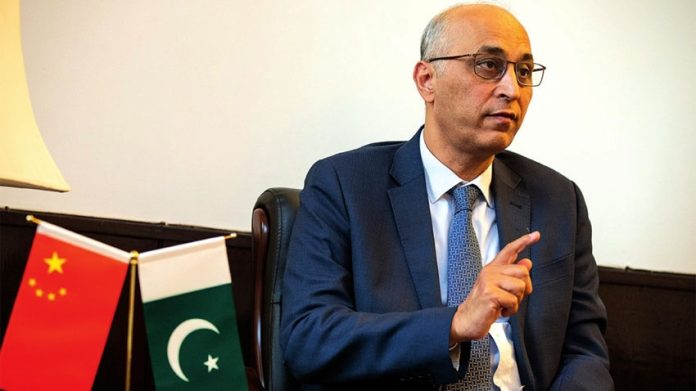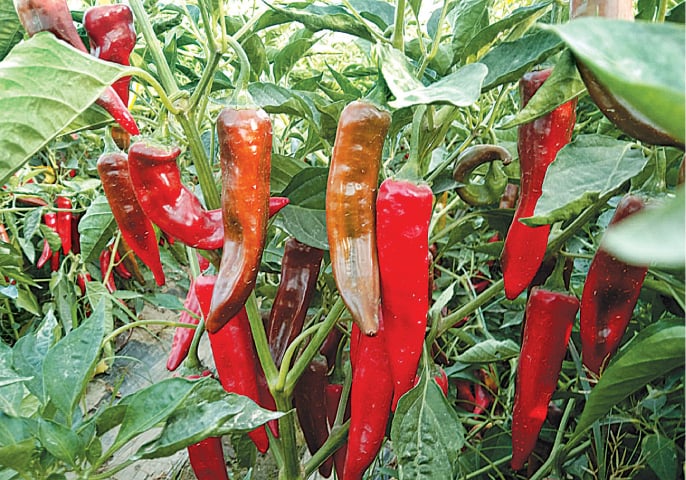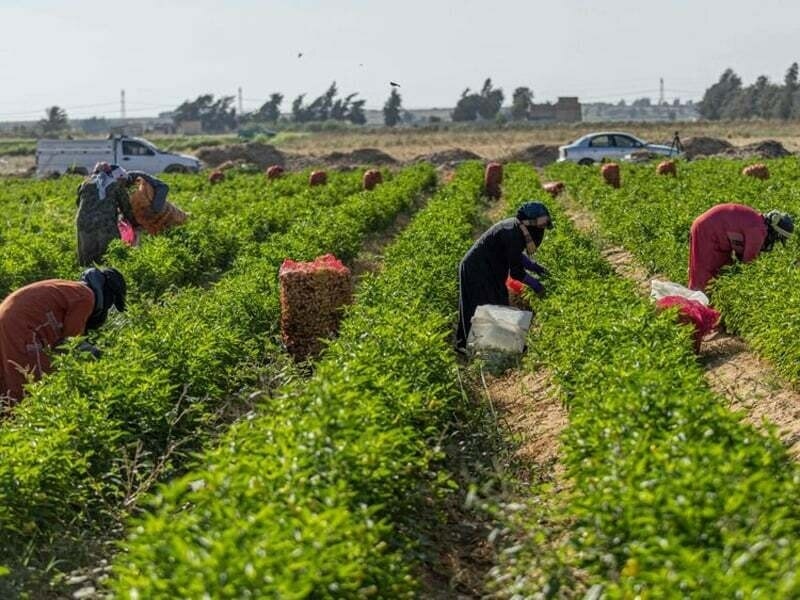,..,.,
Amjad Ali Shah
June 2, 2023
PESHAWAR: The Ambassador of Kazakhstan in Pakistan, Yerzhan Kistafin visited Samson Agri Farm Rangpur Muzaffargarh and participated as the chief guest in a groundbreaking ceremony of the Centre Pivot Hitech Irrigation System and a Solar Power Unit at Samsons Agri Farms Rangpur Muzaffargarh hosted by Samsons Group and Haier Group.
The event witnessed the presence of distinguished dignitaries, including District Administration officials, senior police officials and leaders from the business community, said in a press release issued here on Thursday.
Ambassador Kistafin commended the joint venture for its transformative efforts and emphasized the importance of mutual business activities and cooperation among friendly states.
This joint venture led by Samsons Group CEO, Waseem ur Rehman, along with Haier Group executives, Khalid Afridi and Faisal Afridi, successfully converted barren desert lands in Muzaffargarh, Punjab into cultivable farmland.
The transformative initiative not only generated significant employment opportunities for local communities but also led to a substantial increase in foreign exchange earnings for Pakistan.
The project’s commencement, involving the acquisition of over 5,000 acres of desert land in Muzaffargarh, Punjab, has garnered immense acclaim both within Pakistan and abroad.
By adopting the advanced Central Pivot Hitech Irrigation System, an American methodology, the company has successfully cultivated Rhodes grass, a high-demand animal feed.
Moreover, the joint initiative by Samsons Group and Haier Group has generated substantial employment opportunities for local residents, providing both permanent and daily wage jobs over the past five years.
Demonstrating their commitment to social responsibility, Samsons Group and Haier Group have organized frequent medical camps, providing free healthcare services to underprivileged individuals in the vicinity.
The companies have also established a healthcare unit and a water filtration plant to address the essential needs of the local community.
Waseem ur Rehman, CEO of Samsons Group, revealed plans to establish a hospital, a Grand Mosque, and a school as part of the ongoing efforts to contribute to the region’s welfare.
It is Pertinent to mention here that last year during a visit to the site, His Highness Prince Mansour Bin Mohammad Bin Saad Al Saud, Governor of Hafr Al Batin Region, Kingdom of Saudi Arabia (KSA), expressed his admiration for the Samsons Group and Haier Group initiative.
His Highness underscored the initiative’s significance in promoting sustainable agriculture practices and fostering economic growth. As a symbol of solidarity, the Governor planted a tree on the premises, signifying the commitment to environmental sustainability.








